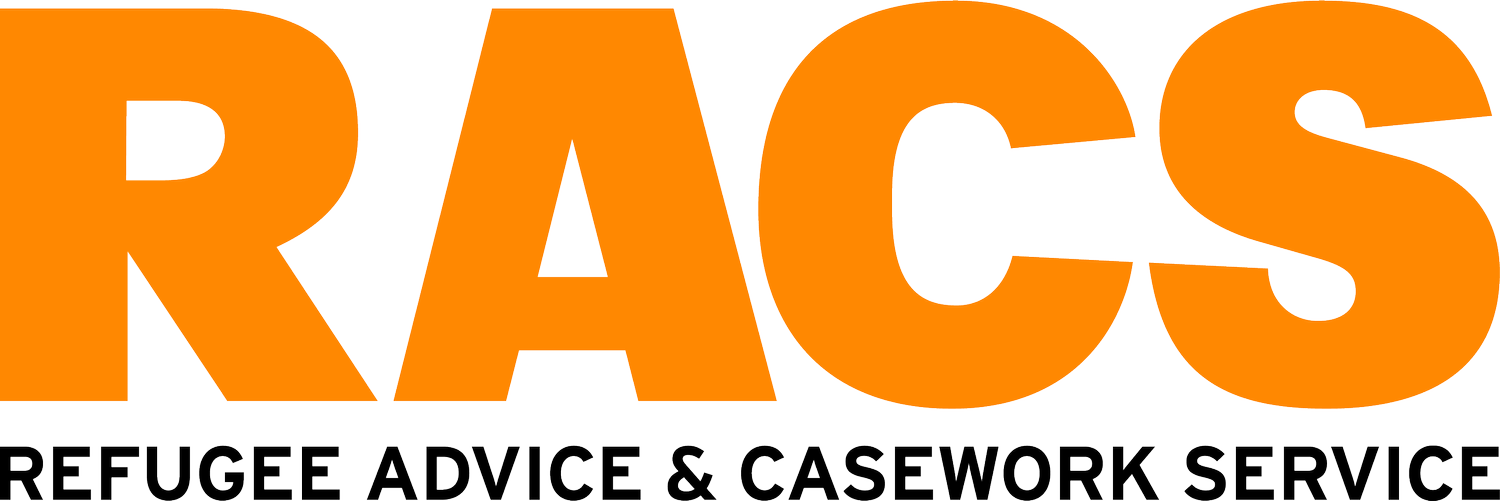RACS’s roadmap for refugee policy reform
Australia’s asylum regime remains cruel and unjust. It’s an understatement to say there’s room for improvement. The RACS Roadmap for Policy Reform was developed as a direct response to this need for change, change that we would like to see from the next parliament.
Principle 1: Create a permanent pathway for all
Practical recommendations:
Provide a secure pathway to permanency for all those failed by Fast Track and those with temporary humanitarian visas.
Abolish TPVs and SHEVs.
Provide a pathway for people currently or previously in offshore detention to access permanency either through safe and effective resettlement in Australia or a third country.
Establish a statelessness determination process that ensures a pathway to permanency.
Principle 2: Abolish cruel detention and removal policies
Practical recommendations:
End offshore processing and close all offshore processing centres.
Evacuate all people currently on Nauru and Papua New Guinea trapped under Australia’s offshore processing regime.
Withdraw from all regional third country reception arrangements and stop third country removals.
Repeal mandatory detention and deliver effective review of the arrangements for those who are currently detained.
Principle 3: Ensure procedural safeguards throughout the asylum process
Practical recommendations:
Sustainably fund specialist legal and interpreting services to support people seeking asylum through the entire refugee status determination process.
Ensure that people can effectively exercise their right to seek asylum.
This includes abolishing processes such as enhanced screening, boat turn backs, screening out in transit countries and at Australian airports.
Establish an independent statutory guardian for children in the immigration system.
Introduce procedural safeguards at all stages of the refugee status determination process to ensure that it is full, fair and sensitive to the needs of people seeking asylum and those with protection obligations that cannot be returned to their home countries.
Ensure that applicants who experience additional vulnerabilities have adequate support. For example, children, people who have experienced forms of family and gender-based violence and people who seek protection on the basis of their sexual orientation, gender identity or expression and/or sex characteristics, can face additional complexities in the process.
Remove the direction which requires the Administrative Review Tribunal to question the credibility of any new evidence or claims raised by a person seeking asylum.
Amend guidelines to ensure that people who require safety in Australia can effectively access timely Ministerial Intervention.
Principle 4: Provide access to a safety net for people seeking asylum
Practical recommendations:
Ensure the right to study, work and access Medicare for all people seeking asylum, including those who were failed by the Fast Track process or are awaiting the outcome of:
a protection visa application (including at the stages of merits and judicial review);
third country resettlement; and
Ministerial Intervention requests.
Establish a safety net so people in all stages of seeking protection in Australia have access to financial assistance, mainstream social support, sustainable housing and healthcare while they await an outcome.
Principle 5: Recognise family unity as an essential part of refugee settlement
Practical recommendations:
Increase the humanitarian intake to 27,000 places per year, excluding 10,000 positions for complementary pathways such as community sponsorship.
Sustainably fund legal assistance for refugees and humanitarian entrants to reunite with their families.
Adopt flexible attitudes to visa processing to account for the unique challenges faced by families from refugee and humanitarian backgrounds.
This includes for issues such as evidentiary requirements, identity documents, biometrics, completing police and health checks. This can be especially difficult for particular groups such as stateless people, LGBTQIA+ couples/ families and children sponsoring parents/family.
Amend the definition of “member of the same family unit” to reflect and recognise what family looks like for all refugee and humanitarian applicants.
Make family visa applications more affordable by reducing the visa application charge and/or introducing concessions for refugees and humanitarian visa holders.
Urgent processing of citizenship applications lodged by refugees.
Prioritise special humanitarian visas applications based on the proximity of relationship, not visa class.
Principle 6: Improve Australia’s response to humanitarian crises
Practical recommendation:
Implement a more strategic, coherent and equitable response to humanitarian crises by adopting an evacuation framework to streamline and harmonise Australia’s response to humanitarian crises*
*See the Kaldor Centre for International Refugee Law’s Ensuring protection in humanitarian emergencies: A framework for Australia policy brief
